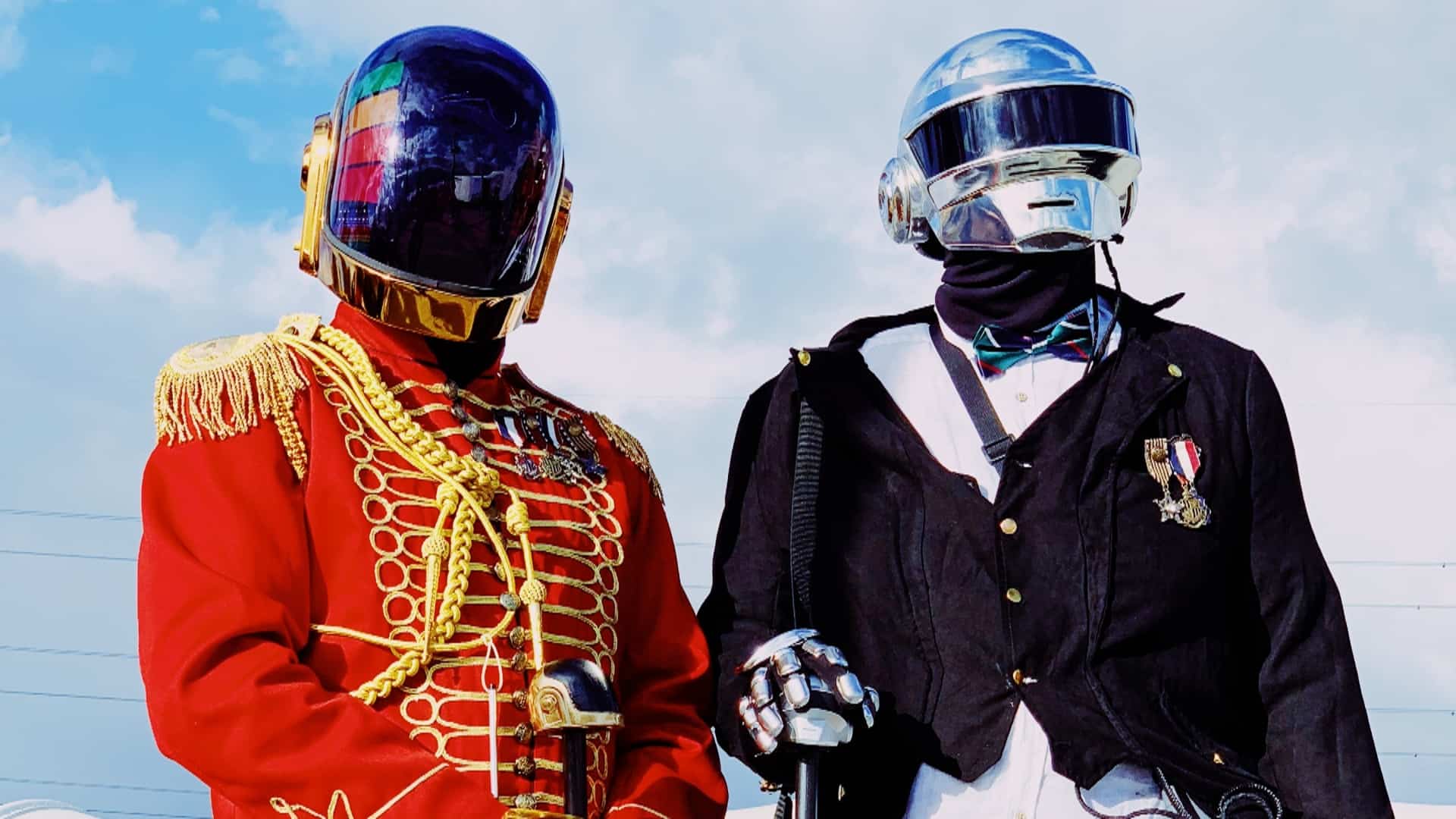

Thomas Bangalter discusses the reason for Daft Punk split
Few artists have the cultural impact and emotional attachment which Daft Punk had garnered across their 20+ years together releasing music and touring the world. When the robots announced that they would be splitting up in early 2021, it caught the entire world off guard as the duo of Thomas Bangalter and Guy-Manuel de Homem-Christo would be taking off their robot helmets for good.
Ahead of Thomas Bangalter releasing his debut solo album, the orchestral piece, Mythologies, which is inspired by the ballet of the same name, he spoke with the BBC about the decision to put an end to Daft Punk. While he begins the interview by discussing the motivation and desire behind his latest orchestral work, the conversation inevitably drifted to his work over the past 25 years where anthems such as Around The World, One More Time, and Get Lucky became cultural cornerstones while helping to inspire the rise of many of today’s biggest stars in dance music.
Daft Punk was a project that blurred the line between reality and fiction with these robot characters. It was a very important point for me and Guy-Man[uel] to not spoil the narrative while it was happening.
The contrast between man and machine was often present in the music of Daft Punk and explored in depth in the group’s swan song, the incredible Random Access Memories. As technology and AI have become more advanced, Bangalter and de Homem-Christo discovered that the line between man and machine was getting blurred in new ways that made the facade less intriguing.
It was an exploration, I would say, starting with the machines and going away from them. I love technology as a tool [but] I’m somehow terrified of the nature of the relationship between the machines and ourselves.
He goes further, discussing an iconic Stanley Kubrick film to further drive his point home:
My concerns about the rise of artificial intelligence go beyond its use in music creation…2001: A Space Odyssey is maybe my favourite film and the way [Stanley] Kubrick presented it is so relevant today – because he is asking exactly the question that we have to ask ourselves about technology and the obsolescence of man.
Bangalter sums up his position in the end by stating, “We tried to use these machines to express something extremely moving that a machine cannot feel, but a human can. We were always on the side of humanity and not on the side of technology. As much as I love this character, the last thing I would want to be, in the world we live in, in 2023, is a robot.”
Image Credit: Ehimetalor Akhere Unuabona on Unsplash


- Arodes cover Interview
- Armin van Buuren: Breathing In [Exclusive Interview]
- Ibiza 2024: What To Expect
- Burak Yeter: A Day In Space [Exclusive]
